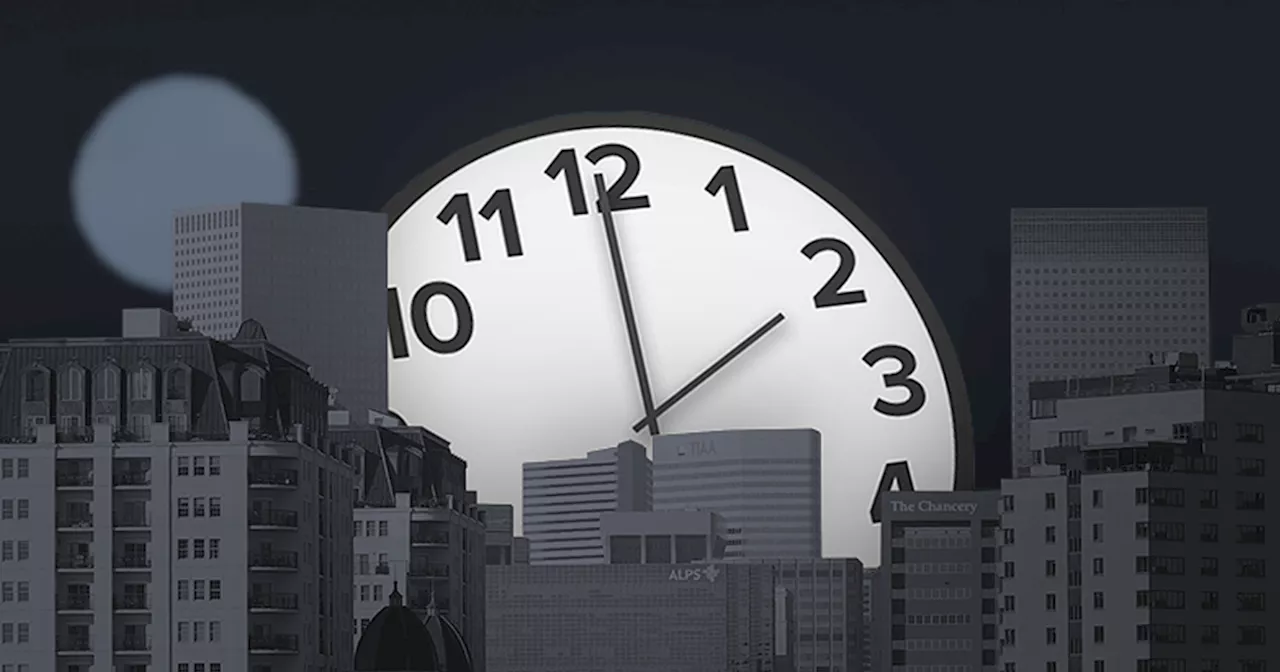With U.S. birthrates stuck at all-time lows, we should be seeing a massive boom in only children, right? Right??
suggested running the numbers on only children, we lit up with the cheap joy of answering a question to which we already knew the answer. With fewer kids overall, Americans are surely cranking out one-hit wonders in record numbers, right?. It’s smaller than the immense annual American Community Survey, but it’s one of the few major surveys that asks how many times American women have given birth.
First, we noted that families with three or more kids plunged in the 1980s, as birth control, education and greater opportunity helpedafter the Great Recession when, among women 25 to 44, even having two children lost its luster. The number of women who had zero children soared. Only children held steady.
There’s evidence that only children may be more likely to divorce than people from large families, and may have higher body mass indexes in adolescence, Falbo told us. But she’s found little backing for the persistent belief that only children struggle socially, especially after kindergarten. As you ascend the age spectrum, the millennial echo follows. When the oldest millennials hit their 40s, even 40-year-olds become more likely to go childless., it’s rare to see such a vivid generational turning point. We’d love to have a perfect explanation for it.For now, we can tell you that marriage rates have steadily declined, and unmarried folks are less likely to have kids. The same goes for that other major marker of building your own household: a building.
“Historically, one of the reasons why we think the U.S. has had such a high fertility rate compared to other countries was related to unintended and unwanted pregnancies that resulted in births,” Gemmill told us. Now that it’s easier to avoid accidental pregnancies, more women are having kids later, or not at all.“A big part of the uptick in childlessness is delay rather than permanent childlessness,” Hayford told us. “Even among women in their thirties, a lot will go on to have a child.
United States Latest News, United States Headlines
Similar News:You can also read news stories similar to this one that we have collected from other news sources.
 Fall back: How daylight saving time can seriously affect your healthBesides scheduling stumbles and sleep habit disruptions, experts say the twice-yearly ritual can have more serious effects on human health.
Fall back: How daylight saving time can seriously affect your healthBesides scheduling stumbles and sleep habit disruptions, experts say the twice-yearly ritual can have more serious effects on human health.
Read more »
 Fall back: How daylight saving time can seriously affect your healthBesides scheduling stumbles and sleep habit disruptions, experts say the twice yearly daylight saving time can have more serious effects on human health.
Fall back: How daylight saving time can seriously affect your healthBesides scheduling stumbles and sleep habit disruptions, experts say the twice yearly daylight saving time can have more serious effects on human health.
Read more »
 Daylight Savings: Time to turn your clocks back, even though it can seriously affect your healthOff-kilter sleep can affect people's ability to multitask, stay alert, and even maintain their balance, making them more prone to accidents, according to researchers.
Daylight Savings: Time to turn your clocks back, even though it can seriously affect your healthOff-kilter sleep can affect people's ability to multitask, stay alert, and even maintain their balance, making them more prone to accidents, according to researchers.
Read more »
 Fall back: How daylight saving time can seriously affect your healthBrunch dates and flag football games might be a little easier to get to this Sunday, when phones grace early-risers with an extra hour of rest before alarm clocks go off.
Fall back: How daylight saving time can seriously affect your healthBrunch dates and flag football games might be a little easier to get to this Sunday, when phones grace early-risers with an extra hour of rest before alarm clocks go off.
Read more »
 How daylight saving can seriously affect your healthBrunch dates and flag football games might be a little easier to get to this Sunday, when phones grace early-risers with an extra hour of rest before alarm clocks go off.
How daylight saving can seriously affect your healthBrunch dates and flag football games might be a little easier to get to this Sunday, when phones grace early-risers with an extra hour of rest before alarm clocks go off.
Read more »
